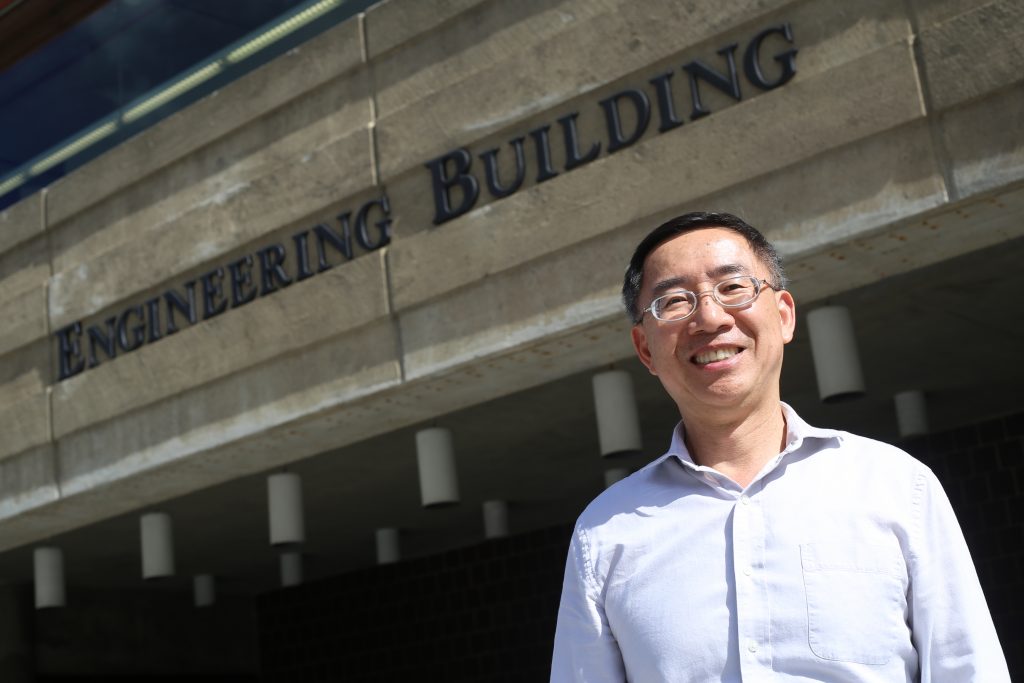
On Aug. 15, Binghamton University’s Thomas J. Watson School of Engineering and Applied Sciences welcomed Weiyi Meng as the new chair of the computer science department.
Meng, who graduated with a Ph.D. in computer science from the University of Illinois at Chicago in 1992, worked as the interim associate dean for research and graduate studies in the Watson school from Aug. 2014 until June 2016. Two months later, he was offered the position of chair of the department after his predecessor, Kanad Ghose, who served as the computer science chair for the past 19 years, stepped down from the position.
According to Meng, the computer science department is currently founded largely on organizational principles, such as a rigidly set computer science curriculum and an adviser assigned to each class, but it requires even more structure to improve efficiency. A variety of classes and extra help are offered, for instance, but students might not be aware of available resources such as advisers, tutors on campus and student societies. While faculty and students maintain active relationships with one another, Meng said, stricter written rules and guidelines would be beneficial to both parties.
“I plan to work with my colleagues to develop measures to make the department more effective in both teaching and research,” Meng said. “I also would like to see that various departmental committees have more autonomy in making decisions.”
Meng said he has completed intensive research in various fields within computer science; his focuses include meta-search engines, web database integration and internet-based information retrieval. These topics all involve transferring batches of data from one source to another, which is a key behind-the-scenes process within the world of computer science. Meng is also the co-author of three books and 150 scholarly publications about the principles of databases and the technology behind search engines. As a professor, Meng said he always brings his abundance of knowledge to the table, but now hopes his influence will reach a wider audience.
The first course of action that Meng said he will take is to create connections with the Watson school faculty and staff, as well as the fewer than 300 students majoring in computer science. Meng is working on a five-year plan that he said will set the goals and direction for the department.
“Hopefully within a year, most new departmental policies will be established,” Meng said. “Going forward, we want to further improve the quality of our BS, MS, Ph.D. programs, increase the number of Ph.D. students, have more funded research and enhance the national and international profile of the department.”
Krishnaswami Srihari, dean of the Watson school, worked with Meng on numerous graduate projects last year. He said he believes that Meng has a strong footing in computer science and will continue the work that Ghose set the foundation of.
“Professor Meng is a respected thought leader in computer science who is widely recognized for his academic leadership,” Srihari said. “His vision for our computer science department is consistent with President Stenger’s goals for our campus and will definitely help make our campus premier.”


